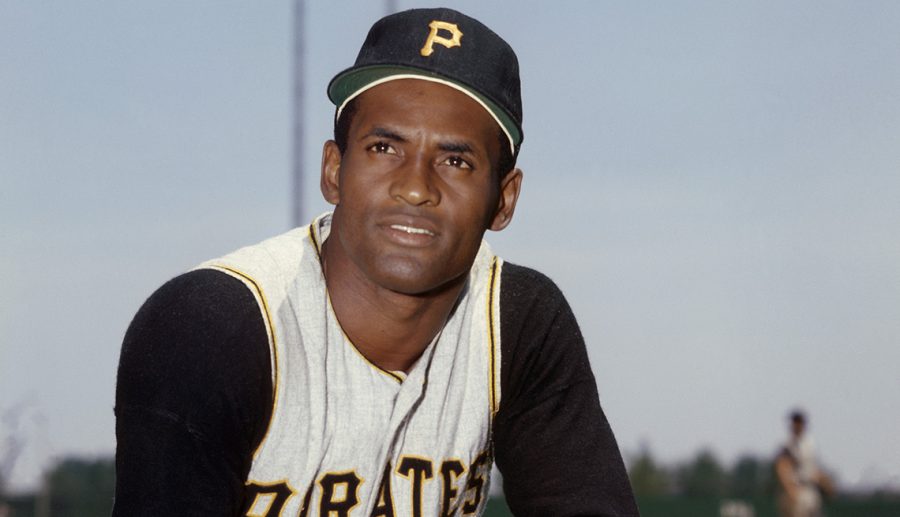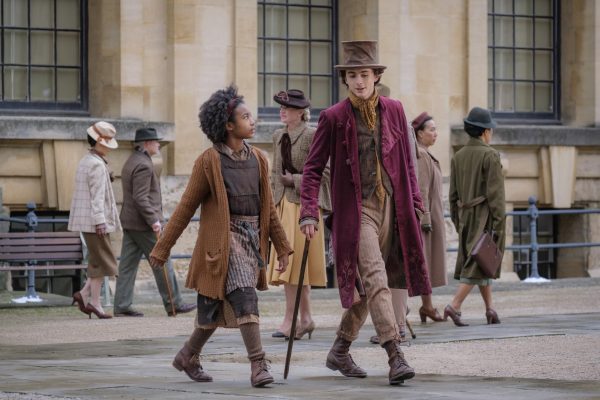Influential figures for Hispanic Heritage month
Highlighting some of the most important figures of the 20th century in Latin American life and culture
Photo courtesy of aarp.org (MLB via Getty Images)
Roberto Clemente of the Pittsburgh Pirates poses for a photo circa 1968
October 14, 2021
From September 15 to October 15, people honor Hispanic cultures all around the world. September 15 marks the anniversary of independence for Latin American countries such as Honduras, Guatemala, Costa Rica, and El Salvador. In addition, Mexico and Chile commemorate their respective Independence Days on September 16 and 18.
Hispanic Heritage Month originated as a one-week celebration to honor and appreciate the contributions of Latinos in American history, but it swiftly grew into a month-long event. Hispanic Americans’ contributions to society aren’t always visible or well-known, which is why now is an important time to raise awareness of the significant accomplishments made by Hispanic Americans in this country.
Selena Quintanilla-Perez, better known as Selena, was a Latina singer who, in the 1990s, revolutionized music by fusing her Mexican origins with fresh and daring concepts. Selena was born into a middle-class household and rose through the ranks of the male-dominated music industry by her own talent and hard work. She easily connected to many especially since her working class background was that of many people at the time. Selena’s music is timeless, as seen by her numerous awards. She was nominated for 86 Grammy Awards and won 67 of them, including the Best Mexican/American Album Grammy Award in 1994 and the Grammy Lifetime Achievement Award in 2021.
Afro-Puerto Rican Roberto Clemente was best remembered for his excellent baseball career. Despite growing up in poverty as a child, his parents instilled in him the value of hard work as well as the values of respect, honesty, and charity. These characteristics followed Clemente throughout his life and shaped him into the man he would become. He dedicated his time off the field to numerous charity activities and was a well known human rights activist who worked with Latin American countries raising much needed media attention and funds.
Cesar Chavez was a civil rights leader who dedicated his life to improving the working and living conditions of American farm laborers. He established the National Farmers Workers Association and is credited with organizing the greatest successful boycott in American history. The Delano Grape Strike and Boycott drew in nearly 17 million Americans, resulting in a settlement that gave field workers’ right to unionize, better working conditions, and access to health-care and pension benefits.
Raffi Freedman-Gurspan, a Honduran transgender rights activist, is the first openly transgender legislative staffer in the Massachusetts House of Representatives. She has long been an advocate of human rights, gender equality, and members of the LGBTQ+ community. She is the director of external relations at the National Center for Transgender Equality, and she is active in advocating for the transgender community by speaking out about the pay gap and unemployment that affects them. Gurspan is considered one of today’s most important young advocates for queer Hispanics.
Hispanic Heritage Month is an excellent time to educate others and learn about the often-overlooked cultural history of Hispanic people. It’s a time to celebrate all of the accomplishments of Hispanic Americans, and those who have encouraged others to succeed. The month serves as a reminder that Hispanic voices from all throughout the country have influenced the way we live today.












